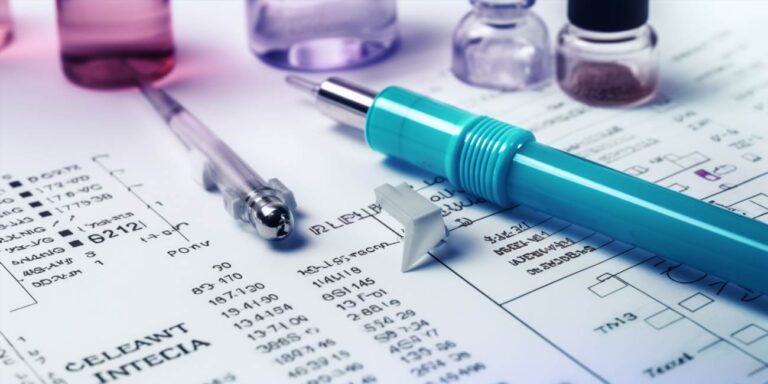Hormone Replacement Therapy (HRT) is a medical treatment that involves supplementing the body with hormones, such as estrogen and progesterone, to alleviate symptoms of menopause and hormonal imbalances. While HRT can provide significant relief for many individuals, it’s important to be aware of specific contraindications. One of the key contraindications for HRT is liver disease. This article will delve into the reasons why HRT is contraindicated in individuals with liver disease and provide a comprehensive understanding of the potential risks involved.
The liver’s vital role
The liver is a vital organ responsible for numerous crucial functions within the body. It metabolizes medications, detoxifies harmful substances, and produces essential proteins. Additionally, the liver plays a pivotal role in processing and regulating hormones, including those involved in HRT.
Metabolism of hormones
When HRT is administered, hormones are typically absorbed into the bloodstream and circulated throughout the body. The liver is responsible for metabolizing these hormones, breaking them down into forms that can be easily eliminated from the body. However, in cases of liver disease, this metabolic process can be compromised.
Impaired liver function
Liver disease encompasses a range of conditions, from fatty liver disease to more severe conditions like cirrhosis. In individuals with liver disease, the liver’s ability to function optimally is compromised. This can lead to a buildup of hormones in the body, potentially causing hormonal imbalances and increasing the risk of adverse effects.
Risk of exacerbating liver disease
Administering HRT to individuals with liver disease can potentially exacerbate their condition. The additional strain on the liver to metabolize these hormones can lead to further liver damage. This is a significant concern, as it can worsen the prognosis and overall health of individuals already dealing with liver disease.
Alternative therapies
Given the contraindication of HRT in liver disease, it’s crucial to explore alternative therapies for managing menopausal symptoms or hormonal imbalances. Non-hormonal approaches, such as lifestyle modifications, dietary changes, and specific medications, may be recommended for individuals with liver disease.
Consultation with a healthcare provider
If you have liver disease and are considering HRT, it’s imperative to consult with a healthcare provider who is knowledgeable about your specific condition. They can provide personalized guidance, taking into account your liver function and overall health, to determine the most appropriate course of treatment.
Faqs
Can individuals with mild liver disease consider hrt?
In cases of mild liver disease, a healthcare provider may assess the risks and benefits on an individual basis. However, caution should be exercised, and alternative therapies may be explored first.
Are there specific types of hrt that are safer for individuals with liver disease?
There are no specific types of HRT that are considered completely safe for individuals with liver disease. Any form of HRT should be approached with caution and under the guidance of a healthcare provider.
What are the common symptoms of liver disease?
Common symptoms of liver disease include fatigue, jaundice (yellowing of the skin and eyes), abdominal pain, swelling in the legs and ankles, and easy bruising or bleeding.
Are there natural alternatives to hrt for managing menopausal symptoms?
Yes, there are natural alternatives such as dietary changes, regular exercise, and herbal supplements that may help alleviate menopausal symptoms. It’s important to discuss these options with a healthcare provider.
See also:





